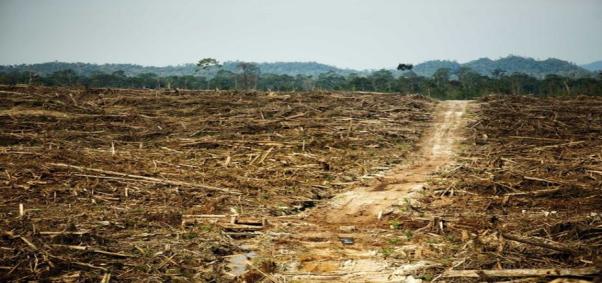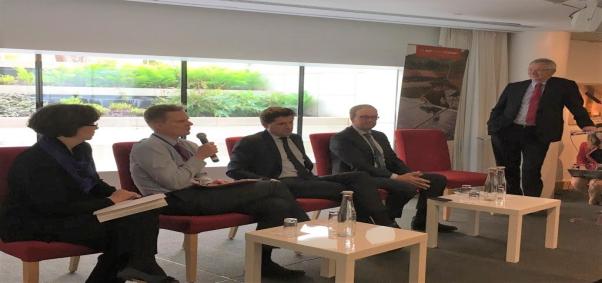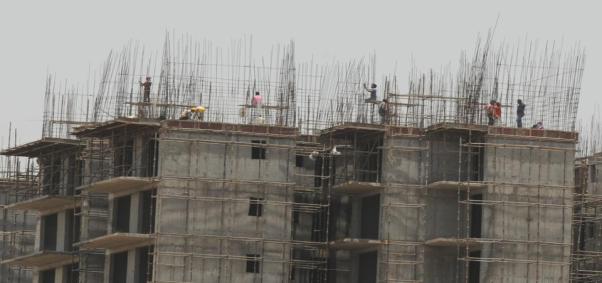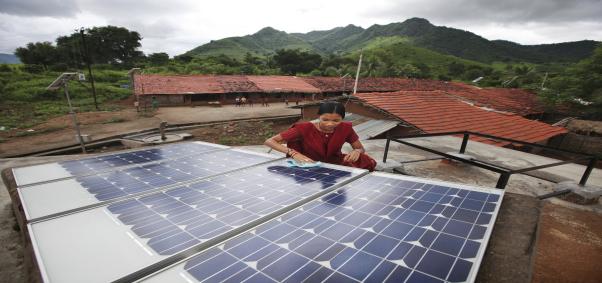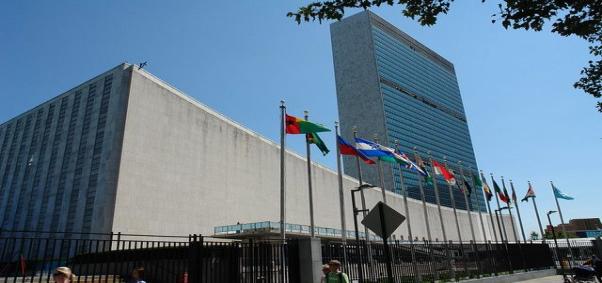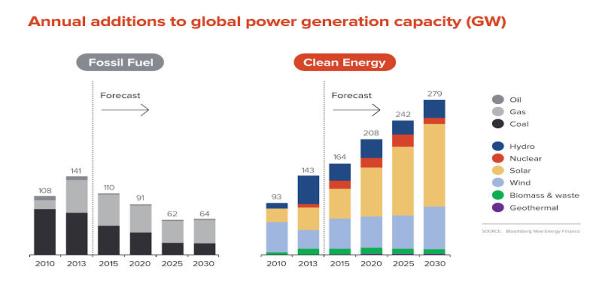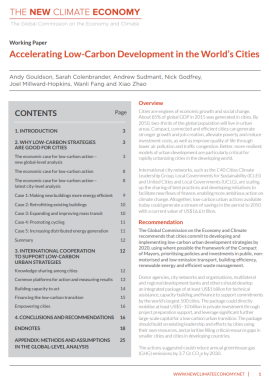
The Global Commission on the Economy and Climate recommends that cities commit to developing and implementing low-carbon urban development strategies by 2020, using where possible the framework of the Compact of Mayors, prioritising policies and investments in public, non-motorised and low-emission transport, building efficiency, renewable energy and efficient waste management. The actions suggested could reduce annual greenhouse gas (GHG) emissions by 3.7 Gt CO2e by 2030.
Downloads
671.88 KB
1.2 MB
459.69 KB
5.38 MB
![]() Seizing the Global Opportunity: Partnerships for Better Growth and a Better Climate.
Seizing the Global Opportunity: Partnerships for Better Growth and a Better Climate.
6.21 MB
2.54 MB

